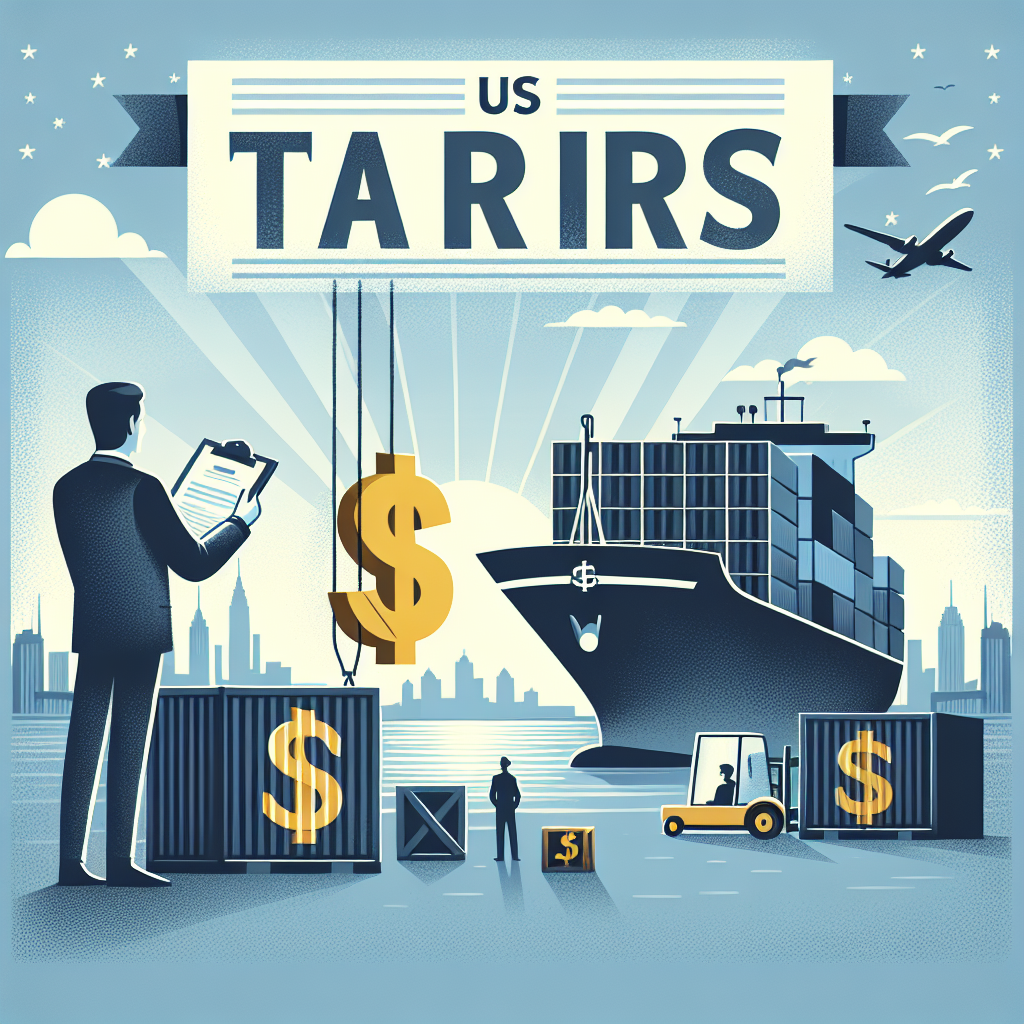Trump's Tariff Tactics Spark Congressional Concerns
President Trump's aggressive imposition of tariffs on global imports, claiming national security concerns, has led to negotiation talks with about 50 countries. However, Congress, including Republicans, is pushing back to reclaim its constitutional authority over trade decisions as market volatility and economic impacts grow.

- Country:
- United States
In a bid to reduce America's trade deficits, President Donald Trump has initiated sweeping tariffs on imports from numerous nations, insisting they are a necessity for national security. This move has prompted reactions both in global markets and among U.S. lawmakers, raising concerns about economic stability and congressional oversight.
U.S. Trade Representative Jamieson Greer reported that approximately 50 countries are now in negotiation talks to mitigate the impact of these tariffs. Some nations, like Vietnam, have already started reducing their import taxes as a counter-response. Greer conveyed to the Senate Finance Committee that while the tariffs aim to protect U.S. interests, they are not devoid of challenges.
Meanwhile, Congress is debating legislative action to reclaim trade authority from the executive branch, with proposals requiring presidential justification for tariffs. While some lawmakers express the need for oversight, others remain skeptical about the feasibility of such measures passing through Congress.
(With inputs from agencies.)
- READ MORE ON:
- Trump
- tariffs
- trade
- congress
- negotiations
- economy
- markets
- imports
- national security
- authority
ALSO READ
Tehran and Washington: New Era of Nuclear Negotiations Begins
Can Governments Replace Markets? Lessons from Chile’s Pandemic Credit Interventions
UK Slashes Import Tariffs to Boost Economy
Markets Surge Amid Tariff Exemptions; Economic Uncertainty Looms
U.S.-EU Trade Talks: Progress in Tariff Negotiations










